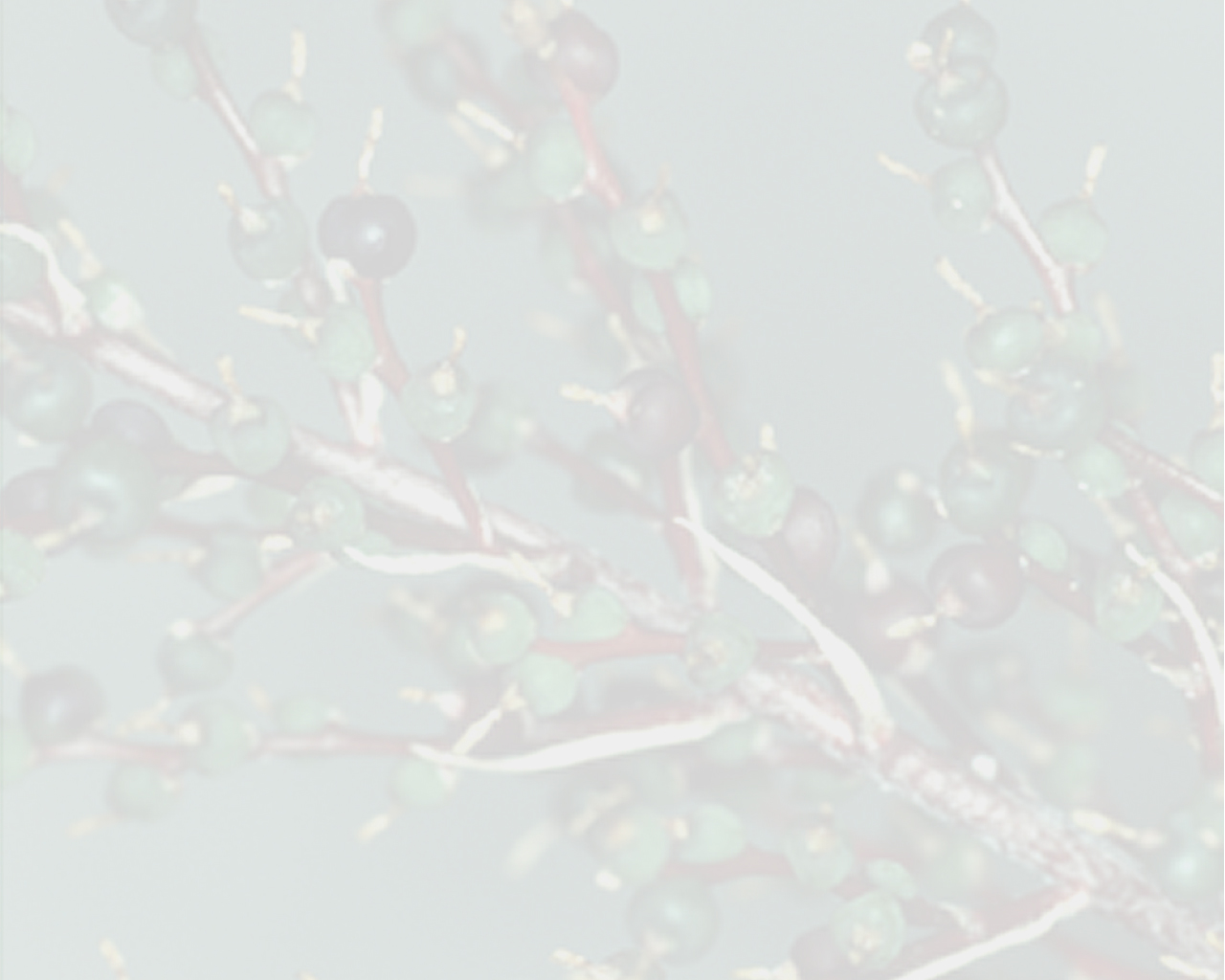


plant epiphytic or terrestrial, 40–64 cm tall, propagating by stolons 10–28 cm long, 0.5–0.6 cm in diameter. leaves 10 to 14, subchartaceous, forming at base an narrowly ellipsoid rosette, suberect above; sheath elliptic, 9–12 x 5.5–6 cm, subdensely and inconspicuously pale brown-lepidote, pale colored inside, greenish to reddish outside and toward the apex; blade narrowly lanceolate, distinctly narrowed and bearing an inconspicuous u-shaped channel toward the base, 18–31 x 2–3.4 cm, glabrescent, finely nerved, glossy, green or reddish abaxially, apex narrowly acute and shortly apiculate, margins entire toward the apex, remotely spinulose at base, spines less than 0.5 mm long. inflorescence: peduncle erect, 27–35 x 0.2–0.3 cm, sparsely white-sublanate, greenish; peduncle bracts linear-lanceolate, 5–7 x 1 cm, apex acute and apiculate, membranous, pale colored, glabrous, entire, erect, distinctly exceeding the internodes and strongly imbricate; fertile part laxly paniculate, twice-branched at base and once-branched toward the apex, erect, longer than the leaves, 12–20 cm long, 10–15 cm in diameter, inconspicuously and sparsely white-sublanate except for the flowers; primary bracts the basal one resembling the upper peduncle bracts but distinctly smaller, exceeding the stipes, the upper ones linear-filiform, 7–40 x 1–3 mm equaling to distinctly exceeding the stipes; primary branches 8 to 12, laxly arranged, 2.5–10 cm long, spreading, 5- to 37-flowered, bearing at apex an inconspicuous coma of sterile bracts, rachis straight, terete, ca 1 mm in diameter, reddish to wine colored, stipes 5–25 mm long, 1–2 mm in diameter, slightly complanate, reddish, the basal primary branches with 2 to 4 secondary branches; secondary bracts resembling the floral bracts; secondary branches 1–4.5 cm long, laxly arranged, 3- to 10-flowered, stipes 4–10 mm long; floral bracts narrowly triangular at base and filiform-caudate toward the apex, inconspicuous, 2–3 mm long, shorter than the pedicels. flowers 12–15 mm long when petals extended, laxly and polystichously arranged, spreading to slightly reflexed, glabrous, slenderly pedicellate, pedicels 5–10 x 0.3 mm, reddish; sepals subsymmetrical, broadly ovate to suborbicular, membranous, obtuse and apiculate-caudate, 1.5–2 x 1–1.5 mm, including the 0.5–0.7 mm long apiculus, shortly connate, light green; petals obovate, apex obtuse -emarginate, 4.5–5 x 2–2.5 mm, suberect at anthesis, free, whitish, naked. stamens shorter than the petals; filament free; anther ca 2 mm long, yellow, base sagittate, apex apiculate, dorsifixed near the base; pollen narrowly ellipsoid, sulcate, yellow, exine rugulose. pistil: style distinctly exceeding the petals at anthesis; stigma conduphcate-spiral, ellipsoid, margins entire or remotely crenulate, white; ovary globose, pale green, slightly sulcate at base, 1.5–2 mm long, ca 2 mm in diameter; epigynous tube inconspicuous; placentation apical; ovules apiculate. fruits globose, ca 3 mm in diameter, dark purple.Edited from (17-12-2014): Siqueira & Leme 2007. Fragments of the Atlantic Forest of Northeast Brazil - Biodiversity, Conservation and the Bromeliads .